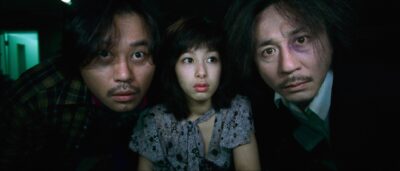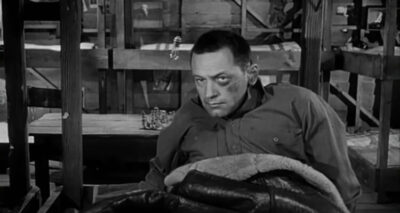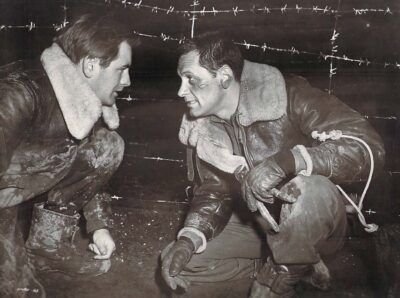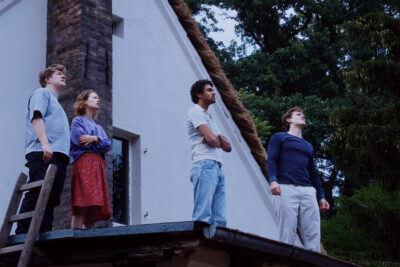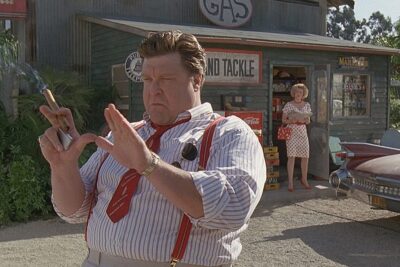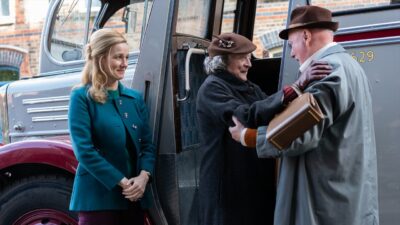Laemmle Theatres and the Anniversary Classics Series present a 50th anniversary of the prophetic sci-fi classic, ‘Soylent Green.’ The sole surviving cast member, Leigh Taylor-Young, will join to share memories of making this powerful movie. This still-timely film, set in New York in 2022, was one of the first to address issues of pollution, global warming, overpopulation, and an epidemic of homelessness. In many ways it predicted the dark future imagined in ‘Blade Runner,’ made a decade later.
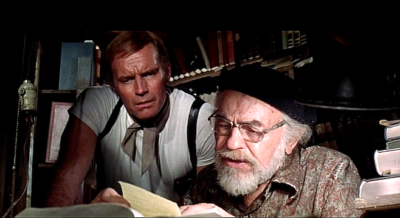
The script was adapted by Stanley R. Greenberg from an acclaimed novel, ‘Make Room! Make Room!,’ by Harry Harrison. The director, Richard Fleischer, was no stranger to science fiction, having made the hit movies ‘20,000 Leagues Under the Sea’ and ‘Fantastic Voyage,’ along with a wide range of films in many different genres. Charlton Heston portrays a police detective trying to solve the murder of an executive at the mysterious Soylent Corporation, which leads him to uncover a diabolical conspiracy. In addition to Leigh Taylor-Young, the supporting cast includes Chuck Connors, Joseph Cotten, Brock Peters, and Paula Kelly. But the most memorable performance is given by Edward G. Robinson, in his final screen appearance.
The Hollywood Reporter declared that the film “conjures a terrifying vision of the future.” Charles Champlin of the Los Angeles Times called the film “a clever, rough, modestly budgeted but imaginative work.” ‘Soylent Green‘ won the Saturn Award for Best Science Fiction Film of the year.
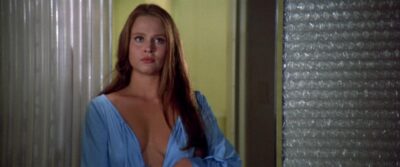
Actress Leigh Taylor-Young first came to prominence on the popular “Peyton Place” TV series of the 1960s. She made her feature film debut in the hit 1968 comedy, ‘I Love You Alice B. Toklas,’ starring Peter Sellers, written by Paul Mazursky and Larry Tucker. Her other film roles include ‘The Gang That Couldn’t Shoot Straight,’ which marked one of the first screen roles for Robert De Niro, and ‘Jagged Edge,’ starring Glenn Close and Jeff Bridges. She also co-starred in many popular TV series, including “Dallas” and “Picket Fences,” for which she won an Emmy. In recent years she has also been active in humanitarian and spiritual activities for the United Nations and other organizations.
The movie’s trailer posed the question, “What Is the Secret of Soylent Green?” If you don’t know the answer to that question, be sure to attend our 50th anniversary screening. And even if you do know, you will be startled by the movie’s timeliness and engaged by the conversation with our delightful guest speaker.

